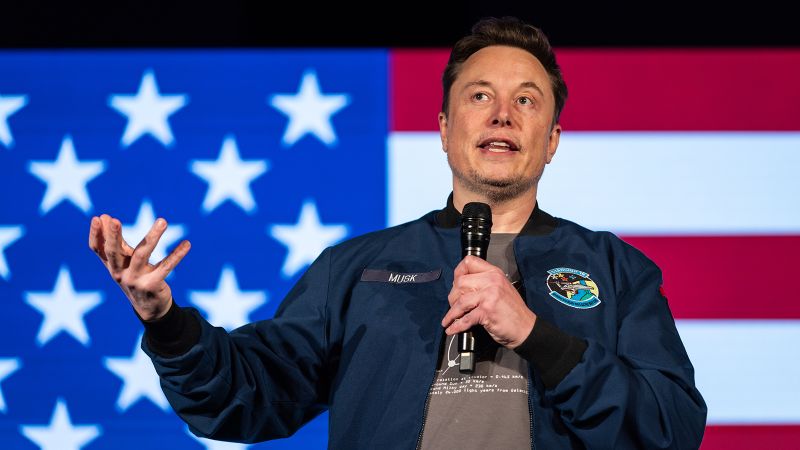OpenAI’s legal battle with Elon Musk has taken an aggressive turn, as the well-known artificial intelligence organization countered Musk’s actions in court, marking what appears to be an ongoing schism stemming from the foundational days of the company. Just recently, OpenAI filed a countersuit against Musk, citing a troubling pattern of harassment that has allegedly impeded its operations. Within this legal framework, OpenAI’s team is urging a federal judge to intercede and prevent Musk from executing any “further unlawful and unfair actions” that could disrupt the company.
OpenAI, founded in 2015 by Elon Musk and CEO Sam Altman, has become a pivotal player in the AI landscape. However, Musk’s departure from the organization occurred shortly before it achieved significant technological milestones. After leaving OpenAI, Musk embarked on his own AI venture, xAI, which he established in 2023. Tensions have escalated particularly around the financial strategies of OpenAI, which aims to complete a critical transition to a for-profit model by the end of the current year to secure a $40 billion fundraising round. Musk’s attempts to obstruct this shift have inevitably led to the current courtroom confrontations.
In its legal filing, OpenAI expressed concerns regarding Musk’s tactics, accusing him of launching a campaign of defamation through social media. With over 200 million followers on the platform he owns, Musk has reportedly used this influence to publicly discredit OpenAI. The lawsuit outlines a series of purportedly aggressive maneuvers by Musk, claiming he has used legal claims, demands for corporate records, and attempted acquisitions of OpenAI’s assets to undermine the organization. OpenAI’s defense argues these actions are detrimental and serve only to harm the company’s reputation and operational integrity.
As part of the counterclaims, OpenAI has requested the court to impose restrictions on Musk regarding any forthcoming attacks and has asked that he be held accountable for any damage already inflicted. Currently, the litigation has been set for jury trial in the spring of the following year, which may further unravel intricate details surrounding the controversial corporate dynamics at play.
On the other side of the courtroom, Musk’s representatives have pointed towards a failed yet substantial $97.4 billion takeover bid made by a Musk-led consortium. The lawyers allege that OpenAI’s board, in dismissing the bid, failed to responsibly consider its seriousness and that this dismissal is a key factor in the ongoing animosity. Marc Toberoff, Musk’s attorney, suggested that OpenAI’s aversion to engaging with a lucrative bid indicates issues with their current business strategy.
The public tussle intensified further when OpenAI took to social media, referring to Musk’s behavior as a series of “bad-faith tactics,” designed to delay the organization’s progress while simultaneously trying to expropriate developments in artificial intelligence for his personal gain. This narrative points to broader implications for either party’s future within the tech sector.
The complexities of the case extend to Musk’s business dealings as well; just last month, his xAI acquired X, the social media platform formerly known as Twitter, which was valued at $33 billion. This acquisition allows for shared interests and investments that intertwine with Musk’s AI endeavors and raises questions about competitive practices in the sector.
Finally, it’s essential to note that Musk previously filed a lawsuit against OpenAI and Sam Altman, alleging that the organization diverged from its core mission of developing AI for the benefit of humanity rather than pursuing corporate profit. While OpenAI executives, including Altman, have refuted claims of misconduct, they maintain that Musk’s actions represent efforts to hinder competition. At the heart of this dispute lies the critical question of the company’s shift toward a for-profit framework, a pivotal move that OpenAI believes is vital for maintaining its competitiveness in a rapidly evolving technological race in AI.











